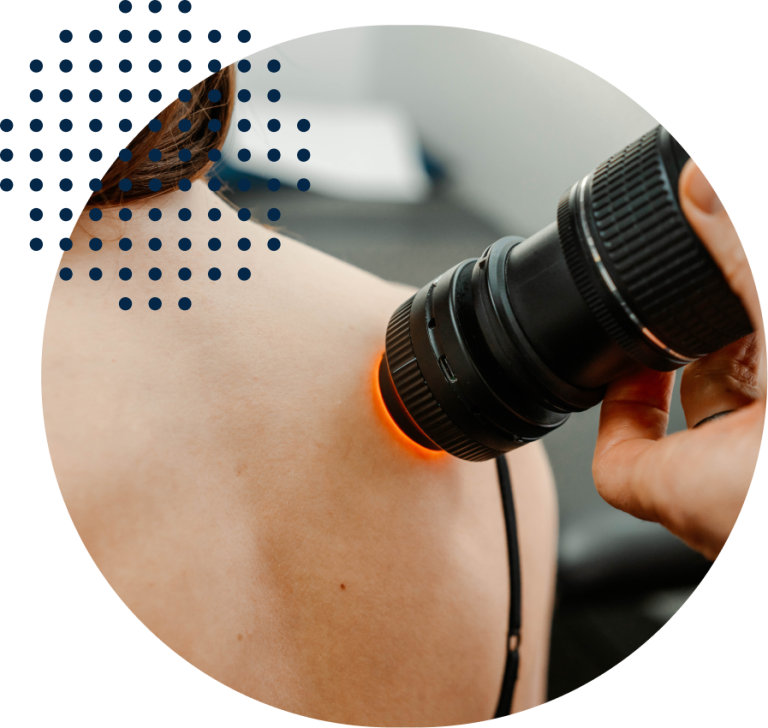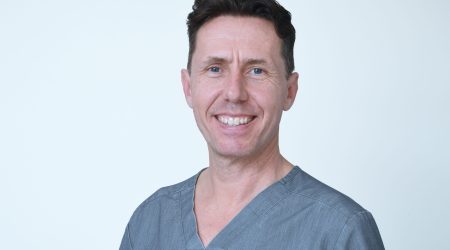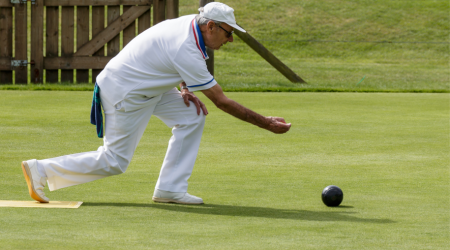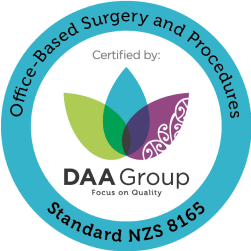Get peace of mind with Molecheck
Whether you’re concerned about a suspicious spot or simply want peace of mind, our advanced dermoscopy technology and expert team of doctors are here to guide you.
The Molecheck Experience
Assess
We carefully assess the appearance and surface of moles and lesions.
2.
Diagnose
Our highly experienced and qualified doctors use advanced dermoscopy technology to diagnose cancers not identifiable to the naked eye.
Treat
We recommend the best treatment options for you and are able to undertake most of these at our clinics.
Risk assessment
Understand your skin risk
Your skin is wonderful. Let’s keep it that way. Check your skin cancer risk factors. It’s quick, and it’s simple!
Early detection is key
New Zealand has the highest melanoma incidence and death rates in the world. Most skin cancers can be cured with early diagnosis and treatment. Early detection in many cases results in a cure.
Nearly 100k people are diagnosed with skin cancer every year in New Zealand.
Of skin cancers are caused by excess exposure to ultraviolet (UV) radiation from the sun.
New Zealanders will be diagnosed with some form of non-melanoma skin cancer in their lifetime.*

On the spot diagnosis
At Molecheck, our patients are examined by highly-skilled, expert doctors using advanced dermoscopy technology. They provide on the spot diagnosis and detect precancerous lesions and all types of skin cancers.
Some skin cancers are extremely difficult to diagnose, particularly before they can be detected by the naked eye, or a standard scan.
Frequently asked questions
Why Have a Molecheck
Who is at greatest risk of getting skin cancer?
New Zealand has the highest melanoma incidence rate in the world, with two in three New Zealanders developing a skin cancer over their lifetime. Those most likely to get skin cancer are typically fair skinned people who spend a lot of time outdoors (for instance for work or sport), have a family history of skin cancer or have had any episodes of bad sunburn as a child.
What’s Your risk?
The Scan Your Skin website has created this handy tool to help you understand your risk of developing skin cancer.
Is the Molecheck examination safe during pregnancy?
The Molecheck examination is totally safe during pregnancy.
Can Molecheck provide an opinion if I send a photo of a lesion I am concerned about?
Unfortunately, we are unable to provide an opinion on an image sent to us, as we need to examine the lesion with a dermascope to make an assessment. If you have a lesion of concern, we recommend you make an appointment with us for this to be seen.
Your Molecheck Booking
What is the difference between a full and a short check?
A full check involves a full scan of the body. A short check is for 1-3 moles of concern. However, we most often find that the moles the patient asks to be examined are of lesser concern than other moles observed by the Molecheck doctor. For this reason, we recommend a full mole check is undertaken.
Is a Molecheck covered by health insurance?
Insurance cover is provided by many insurers (including Southern Cross Insurance) for lesions of concern (but not necessarily full checks) as well as for treatments (liquid nitrogen or lesion removal) performed by our Molecheck doctors. Entitlement and the amount covered will be in accordance with individual policy.
Molecheck does not deal directly with insurers but provides patients with a full receipt for patient submission to their insurer
Your Molecheck Appointment
What if I need to change or cancel my appointment?
If you would like to change or cancel your appointment please phone the clinic at least one working day prior to the booking.
Cancellations made after this time may incur a fee. Not turning up to your appointment will be charged at our normal appointment rate.
Can I park onsite?
Onsite parking is available but is limited on busy days. Please allow sufficient time to comfortably arrive and park to ensure timely arrival for your appointment.
Can I have a Molecheck if I have COVID or other respiratory infection?
Patients who have tested positive or have respiratory symptoms are advised not to attend their appointment until they are symptom-free.
What should I wear to my Molecheck examination?
Ideally, female patients should wear separate top and bottom clothing. Patients should avoid wearing make-up, moisturiser and nail-polish.
What do I need to do to prepare for my Molecheck examination?
A Molecheck skin cancer examination does not normally include an examination of the breast, buttock, genital or non-bald scalp areas. Patients should check these areas before undergoing the Molecheck examination and ask the Molecheck doctor to check any moles located in these areas. A scalp check is best carried out with an assistant and by making multiple parts in wet hair.
Patients should avoid wearing make-up, moisturiser and nail-polish to their examination as this prevents accurate assessment of the face and nails.
You are entitled to bring a support person with you to be present during the examination. A chaperone is available for the Molecheck examination, upon request.
What about privacy and embarrassment issues?
We have both female and male Molecheck doctors available. Our doctors perform skin checks with utmost discretion with areas uncovered and recovered as the examination of an area is undertaken.
A Molecheck skin examination does not normally include an examination of the scalp, breast, buttock or genital areas. Patients should check these areas before undergoing the Molecheck examination and ask the doctor to check any moles in these areas.
You are entitled to bring a support person with you to be present during the examination. A chaperone is available for the Molecheck examination, upon request.
What happens during a Molecheck?
All moles (and other lesions suspicious for other types of skin cancer) are examined by an expert doctor. Photographic records are taken of any concerning lesions. Simply relying on scanning technology can reduce the accuracy of diagnosis.
Molecheck examinations are conducted initially using a hand-held, surface microscope (dermoscope). However occasionally these assessments will also require a dermoscopic scan to be taken of individual moles. These permanent images are used when subsequent comparison is needed and to ensure that you are not subjected to unnecessary surgery. An initial examination using a dermoscope removes the need to generate a mole-map of the entire body and increases the likelihood of early detection.
What treatments or procedures is Molecheck able to provide?
Our team of doctors are able to undertake a range of treatments/surgical procedures for the removal of suspicious moles and lesions, including melanomas. In addition to cryotherapy (using liquid nitrogen), they can undertake shave and punch biopsies, excisions and, where necessary, small flaps or grafts depending on lesion size and location. For the most part, if a surgical procedure is required, a date for this is arranged following the consultation. A referral may be made to a plastic surgeon where this is appropriate.
Does the Molecheck examination hurt? What’s my risk?
There is no pain involved with the Molecheck examination itself. However, liquid nitrogen (used to treat pre-cancerous or benign unwanted lesions) can cause a slight sting that does not bother most patients.
Does my GP receive a report on my Molecheck examination?
With your permission, a report will be sent to your general practitioner.
After Your Appointment
How often should I have a Molecheck skin cancer examination?
The Molecheck doctor will advise you about this at the conclusion of your examination. Although the Molecheck examination is extremely thorough, a small number of lesions may become apparent in the time between examinations. It is therefore still very important to self- examine for changes in size, shape or colour of existing moles, or for any new mole or lesion. Any of these changes should be reported.
Will I automatically receive a recall?
We send out a reminder text message up to 3 months before you are due to ensure we can book you in a timely fway.
How often should I get a recheck?
This depends on skin type, sun damage and previous skin history. The doctor will advise you how often you should have a full Molecheck









